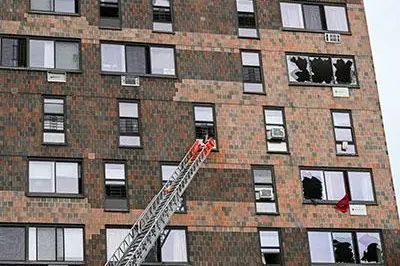PHOTO
WASHINGTON- U.S. homebuilding unexpectedly increased in December amid unseasonably mild temperatures, but soaring prices for materials after the government nearly doubled duties on imported Canadian softwood lumber could hamper activity in the coming months.
Housing starts rose 1.4% to a seasonally adjusted annual rate of 1.702 million units last month, the Commerce Department said on Wednesday. Data for November was revised slightly lower to a rate of 1.678 million units from the previously reported 1.679 million units.
Economists polled by Reuters had forecast starts falling to a rate of 1.650 million units.
Permits for future homebuilding jumped 9.1% to a rate of 1.873 million units in December.
December 2021 was the warmest December on record, according to the National Centers for Environmental Information. But the outlook for home building is cloudy. The United States last November nearly doubled the duties on imported Canadian softwood lumber to 17.9% after a review of its anti-dumping and countervailing duty orders.
The Trump administration initially imposed 20% duties on Canadian softwood lumber in 2018 after the collapse of talks on a new quota arrangement, but reduced the level in December 2020 to 9%. President Joe Biden's administration had stuck to those duties until the Commerce Department's November review.
According to the National Association of Homebuilders, the aggregate cost of residential construction materials had increased almost 19% since December 2021. The NAHB said higher material costs and shortages were adding weeks to typical single-family home construction times.
Prices for softwood lumber, used for framing, soared 24.4% in December after rising 6.9% in November, according to the latest producer price data.
An acute shortage of homes available for sale is supporting homebuilding, but rising mortgage rates, supply constraints together with higher house prices could make home purchasing less affordable.
The 30-year fixed-rate mortgage averaged 3.45% during the week ending Jan. 13, up from 3.22% in the prior week, according to data from mortgage finance agency Freddie Mac.
Mortgage rates have risen as financial markets price in an interest rate increase from the Federal Reserve as early as March amid high inflation and a labor market that is at or near maximum employment.
(Reporting By Lucia Mutikani; Editing by Andrea Ricci and Chizu Nomiyama) ((Lucia.Mutikani@thomsonreuters.com; 1 202 898 8315; Reuters Messaging: lucia.mutikani.thomsonreuters.com@reuters.net))





















